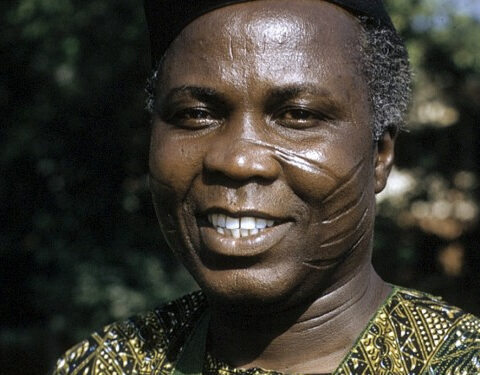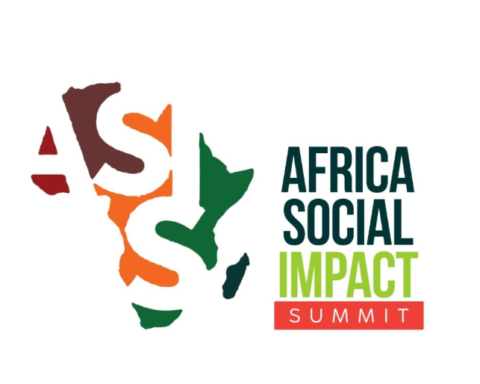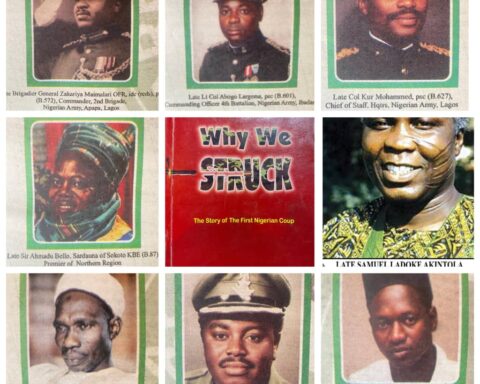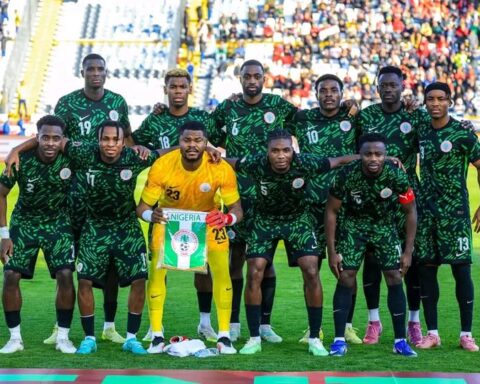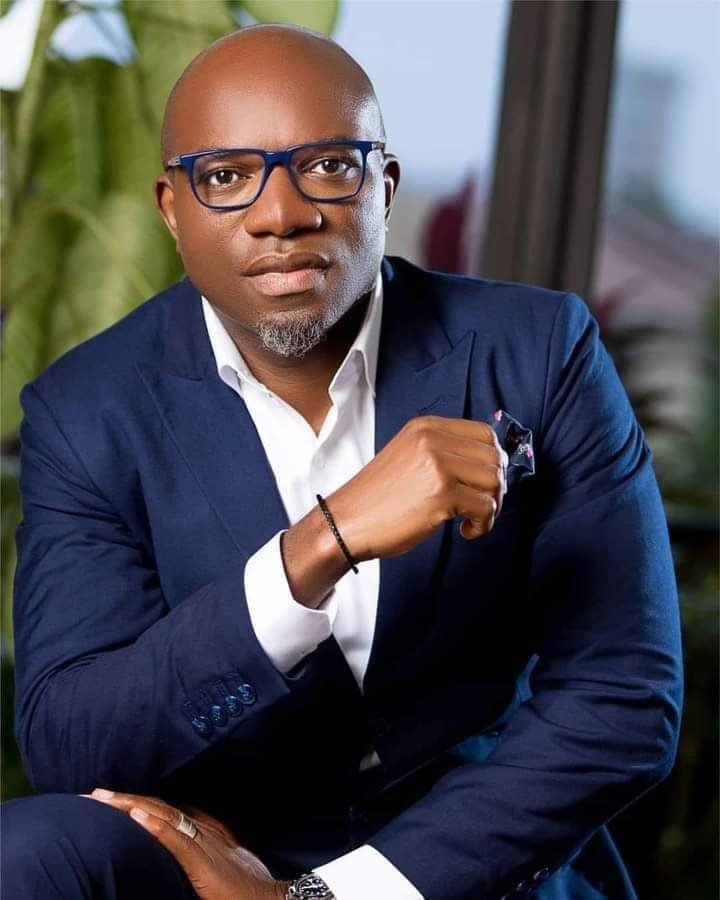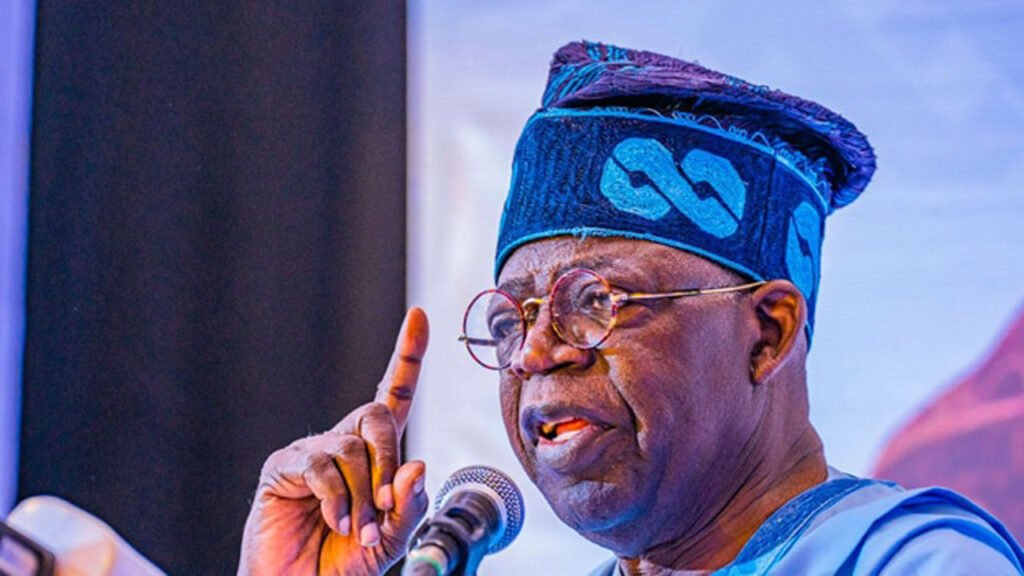By Dr. Charles Obiajulu Ugwu
There’s a quiet, persistent tension running through the human condition. It’s not always loud or dramatic. Sometimes, it hums just beneath the surface, shaping our choices, our fears, our sense of identity. It’s the dissonance between what we hope for and what life actually delivers. Between our internal longings and the stubborn externalities of reality. Between the neat vision boards we design and the messier outcomes we end up living.
Most people carry this tension unconsciously. We act on instinct, often shaped by cultural scripts or inherited beliefs about how life should unfold. We chase desires, dodge pain, plan for what we think will bring us closer to fulfillment. And woven through all this effort is the idea that if we align the right pieces, desires, timing, resources, intent—we will be rewarded with the outcome we crave.
But here’s the harder truth: life does not work like that. Not reliably. Not predictably. Not kindly, at least not always in the ways we understand.
A great portion of our days possibly even our identity revolves around seeking what feels like the “optimal balance” between contending forces. Our ambitions vs. our energy. Our hopes vs. our histories. What we avoid vs. what keeps calling us. We imagine ourselves as architects of our own story, constantly making calculated decisions to optimize for a life that makes sense. A life that aligns.
Yet underneath it all, we’re often guessing. Hoping. Projecting.
We define what feels optimal through the narrow filter of what we know now, what we want now. We rarely account for what the unknown might be sparing us from. And so we fixate sometimes obsessively on achieving the right alignment, assuming that once things “click,” the outcomes will speak our language.
But what if they don’t?
Let’s hold that question and consider something real.
Not long ago, Indian Flight 721 was scheduled for a routine journey. Onboard was a family traveling to London excited about finally reuniting after a long period apart. They had done everything right. The bookings, the timing, the emotional preparations. Their alignment, from the outside, was textbook. This was supposed to be a beautiful chapter. A closure. A coming together.
Also scheduled to be on that same flight was a woman, journeying for her own meaningful reason. But on the way to the airport, she got stuck in traffic. Helpless, panicked, she missed her flight. That moment, for her, likely felt like failure. A heartbreak. An unraveling of plans carefully stitched together.
That flight crashed. Everyone onboard perished. The woman who missed it, who cursed her misalignment lived.
You have to pause here. Not for sentiment, but for the stunning irony of it all. One group’s alignment, their seamless orchestration of events, led them to their deaths. The other’s disruption, her missed opportunity, became the thin thread that preserved her life.
This is not just a story about fate. It’s a confrontation with something harder to name. That in life, effort is not always causality. That fulfillment and alignment are not always married. That sometimes, when things fall apart, they are without our knowing falling into something else. Something safer. Wiser. Or just not yet ready to be revealed.
We are conditioned to mourn misalignments: the job we didn’t get, the relationship that collapsed, the invitation that never came, the opportunity that dried up. We treat them like signs that something has gone wrong. That we failed. That we weren’t enough, or weren’t seen. But what if some of these rejections are actually quiet blessings? What if the alignment we crave isn’t what we need?
Maybe our lives are not just shaped by what we pursue, but also by what we’re protected from without even knowing it.
And this challenges something deep in the psyche. The belief that hard work, good intentions, and smart choices guarantee favorable outcomes. That there is a symmetry between effort and reward. That we are, in some rational way, owed a good life if we simply do the right things.
But the universe is not transactional in that way. It does not operate on our metrics. It does not always deliver results in a way that feels fair or comprehensible. And the more we try to map it with our rigid ideas of optimality, the more we risk misunderstanding the role of chaos, of interruption, of seeming failure.
Here’s the paradox: alignment is not inherently good. It is simply the coincidence of effort, timing, and opportunity. But whether that alignment leads to flourishing or destruction… that is another matter.
You can be perfectly aligned with a toxic decision. Or with a path that looks glamorous but robs your soul. Or with a person whose energy mirrors yours only in shadow. Alignment, without discernment, is dangerous.
We don’t like to hear this. It confronts our deeply rooted belief in personal agency. And yet, time and again, life humbles us. Not just with tragedies, but with quiet misdirections that later prove to be protection. With delays that frustrate us in the moment, but prevent outcomes we never would have survived.
It may sound like spiritual hindsight or poetic rationalization, but spend enough years on this earth, pay enough attention and you start to see it. That the life you imagined, even the one you meticulously planned, is not always the life that grows you best. And sometimes the dreams that shatter are the ones that would’ve suffocated you had they come true.
So what do we do with this?
Do we stop striving? No. Do we surrender to randomness? Not entirely. Do we abandon hope? Certainly not.
But we do need a new posture. A more mature stance toward life’s unpredictability. A way of being that allows for both agency and surrender. One that respects ambition, but makes room for mystery.
Maybe that means holding our goals loosely. Making our plans, but not marrying them. Trusting that not every door that shuts is a loss. That not every failed attempt is a punishment. That some redirections carry intelligence.
Call it divine. Call it intuition. Call it the subconscious processing more than the conscious mind can hold. Whatever it is, there is often more going on than we can see. And wisdom begins where our need for immediate understanding ends.
It’s one thing to pursue alignment. It’s another thing to be aligned with something you don’t yet comprehend. That’s the tension we must hold.
Because real life, whole life doesn’t reward only those who get it right the first time. It rewards those who can adjust. Who can listen. Who can recalibrate when the map no longer fits the terrain. Who can accept that being spared doesn’t always feel like a win at first. That survival, in its early moments, often resembles defeat.
There’s something deeply human about realizing this. It softens us. Helps us forgive the delays, the deviations, even the heartbreaks. Because maybe they weren’t obstacles. Maybe they were detours to a better fit. Or to a more refined version of ourselves.
Not all dreams are meant to be fulfilled in the form we imagined. Not all goals are sacred. Some are just stepping stones. Others are illusions we needed to outgrow.
And so, perhaps the real measure of growth is not how well we stick to our scripts but how gracefully we revise them.
To live well, then, is to hold a paradox: the boldness to act, and the humility to release; the courage to want, and the wisdom to trust when what we want does not arrive.
Because sometimes, the most important things that shape our lives are not the things we do but the things we escape, unknowingly.
You are not failing just because life didn’t go to plan. You are not broken because the path veered unexpectedly. You are not cursed because something you longed for didn’t show up.
You may, in fact, be protected. Redirected. Even blessed though the blessing may be clothed in disappointment, at least for now.
And if we can learn to sit with that, to allow that possibility to live in us… then maybe we’ll begin to relate to life not as a puzzle to solve, but a mystery to listen to.
And in that listening, a deeper kind of alignment becomes possible. One not built on control, but on coherence. Not engineered, but revealed. Not always desired, but almost always right.
Epilogue: The Gift of What Didn’t Happen
We spend so much of life trying to make things align through timing, effort, intention. And when they don’t, it feels like failure. Like life is withholding what we earned. But here’s the deeper truth: not everything that doesn’t happen is a loss. Some missed chances are quiet mercies. Some delays are disguised instructions. And sometimes, what looks like a derailment is really a redirection—away from harm, toward a version of life we weren’t yet wise enough to want.
It’s humbling, really. Realizing that not all alignment is good, and not all misalignment is bad. That the life we didn’t get might be the one that saved us. Maturity begins when we stop measuring success only by fulfillment, and start listening to the intelligence inside interruption. Not as punishment, but as a subtler kind of guidance.
To live well is not to have everything go to plan. It’s learning to trust the wisdom in what didn’t go wrong, even when it didn’t go right.
This essay interrogates a deeply uncomfortable truth: that the alignments we pursue in life especially those carefully timed, emotionally loaded moments where everything seems to “make sense, can sometimes lead us directly into harm’s path. Through stark contrasts and poignant reflections, we have explored the haunting dissonance between our expectations and life’s unpredictable outcomes. Drawing from a real-life tragedy and survival tale, I invite readers into a gentler, more courageous posture toward disappointment, delay, and detours. This piece is both a meditation and a reckoning unpacking the mystery, not the mastery, of life’s direction.
Follow us on all social media platforms @dailyquery for news and analyses around the globe.

